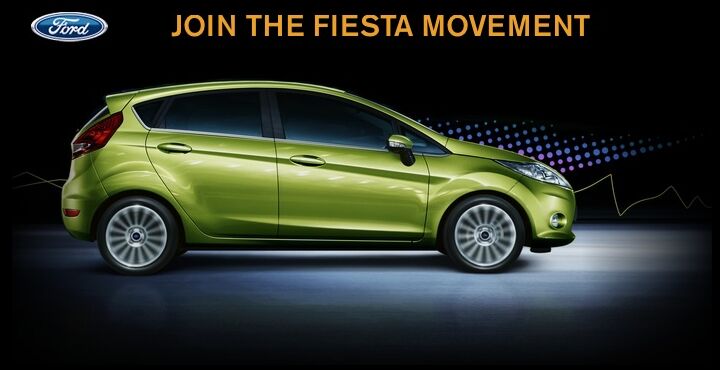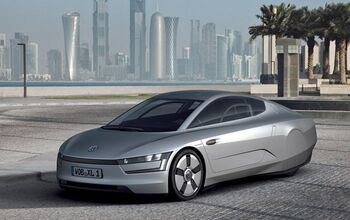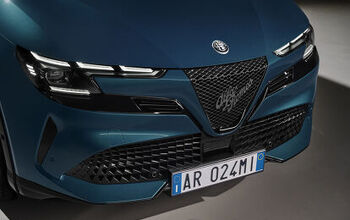Will CAFE Cause A Small Car Glut?
CSM Worldwide seems to think so, telling Automotive News [sub] that new compacts from Ford and Chevrolet are being pushed into the market to comply with increasing fuel-efficiency and CO2 emission standards. If gas prices stay steady, CSM’s VP for Forecasting, Michael Robinet says “extreme pressure to channel smaller vehicles in the market due to CAFE and emissions standards will raise incentives and lower profitability.” “It is very possible that U.S. automakers will not achieve their objectives of selling small cars at a profit,” adds CSM CEO Craig Cather. The crux of the argument is that CAFE ramp-ups to 35.5 MPG by 2016 create incentives for automakers to produce small cars without corresponding consumer demand. Luckily there’s a planned gas tax hike for that.
CSM admits that either an oil shock or a gas tax hike would increase demand for small cars, effectively nullifying their argument. And given the DOT’s rhetoric recently, that seems like a very plausible scenario… after all, even the most virulent anti-tax types would sign up for an indexed gas tax given that the alternative could be a pay-per-mile GPS tracking scheme.
But there’s more to CSM’s analysis than politics. AN [sub] explains:
Increasing competition in the subcompact and compact segments, which have long been dominated by Asian automakers, may also hamper Detroit automakers’ goal of making money on selling small cars, CSM said.
In short, CSM isn’t actually worried about a small car glut, it’s simply collecting excuses for the seemingly inevitable failure of Detroit’s compact offensive. After all, CAFE standards apply to the “Asian automakers” just as much as they apply to Ford and GM. The real problem is that the Detroit has a hard enough time getting consumers to consider its traditionally strong products like large cars and SUV/CUVs, and will be even harder pressed to drum up interest in its new compact offensive. The steady growth in the small-car segments that even CSM admits are occurring will simply go to the manufacturers who have maintained a stronger presence in those segments.
Will Detroit face an uphill battle selling the compact cars that are filling its future-product pipelines? You betcha. Is it CAFE’s fault? Of course not. CSM’s analysis is, at best an argument for a gas tax hike. Given the government’s 61 percent “exposure” to GM (and its heavy investment in small cars like Cruze, Volt, Spark, and Aveo), such a hike seems all the more likely.
More by Edward Niedermeyer
Latest Car Reviews
Read moreLatest Product Reviews
Read moreRecent Comments
- Lorenzo They won't be sold just in Beverly Hills - there's a Nieman-Marcus in nearly every big city. When they're finally junked, the transfer case will be first to be salvaged, since it'll be unused.
- Ltcmgm78 Just what we need to do: add more EVs that require a charging station! We own a Volt. We charge at home. We bought the Volt off-lease. We're retired and can do all our daily errands without burning any gasoline. For us this works, but we no longer have a work commute.
- Michael S6 Given the choice between the Hornet R/T and the Alfa, I'd pick an Uber.
- Michael S6 Nissan seems to be doing well at the low end of the market with their small cars and cuv. Competitiveness evaporates as you move up to larger size cars and suvs.
- Cprescott As long as they infest their products with CVT's, there is no reason to buy their products. Nissan's execution of CVT's is lackluster on a good day - not dependable and bad in experience of use. The brand has become like Mitsubishi - will sell to anyone with a pulse to get financed.


































Comments
Join the conversation
Increased fuel taxes are by far the smartest way to reduce oil consumption.
Will we have cars like Havana? A series of large cars, trucks and SUVS that continuously gets rebuilt, recycled and modified because NO ONE will want to buy the new, small Pelosi-Reidmobiles the government wants us to own? CAFE is self-defeating. The people who voted for it are twits. Come to think of it, the people who VOTED for the people who voted for it are....well....you get the idea.